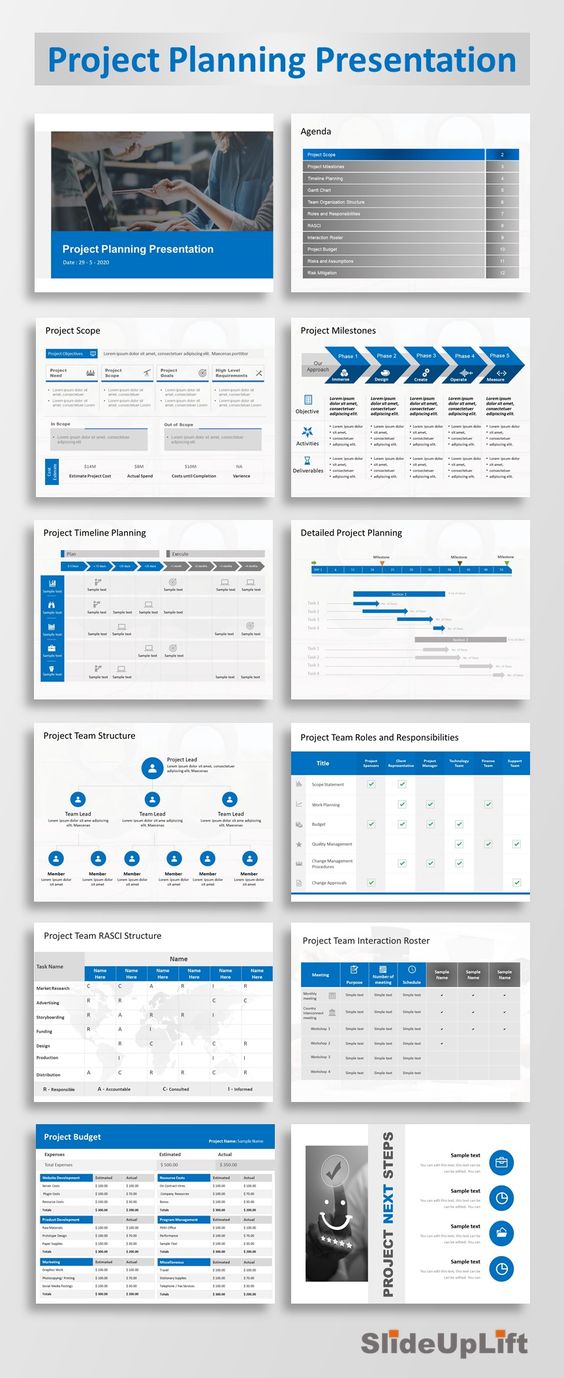Phase 1: Ideation
When it comes to ideation, it is all about brainstorming and conceptualization. In this phase, the goal is to explore all possible ideas that could be relevant to the project. This involves identifying the project’s objectives and outlining the outcomes that the project aims to attain.
Phase 2: Initiation
Once the project’s objective is clear, the initiation phase is about assessing the feasibility of the project. This phase is about asking the right questions before committing to the project. You need to assess the resources, stakeholders, and technology requirements that will be needed to make the project successful.
Phase 3: Planning
The planning phase is the backbone of any project. In this phase, you will develop a comprehensive project plan outlining all the tasks involved in the project. This is where team members are assigned tasks and deadlines, and the tools and resources needed are identified.
Phase 4: Execution
Now it’s time to start executing the project plan. Each team member involved in the project will begin working on their assigned tasks, following the established timeline. At this point, regular meetings to discuss progress and updates need to be scheduled.
Phase 5: Closure
After the project has been completed, it’s time to close it out. In this phase, the work is reviewed, and the outcomes are measured against the set project objectives. Once all objectives are met, the project is officially closed, and final reports and documentation are completed.
Importance of Project Planning
Effective project planning is essential to the success of any project. It enhances communication within the team and ensures adherence to the timeline and budget. It also eliminates unnecessary change requests and enables project managers to make informed decisions quickly.
Final Thoughts
The five phases of project planning are a critical determinant of the success of any project. Implementing the project planning process ensures that the project remains focused on its objectives, meets stakeholders’ requirements, and stays within the set timeline and budget.
You might find these FREE courses useful
- Project Planning
- Project Planning and Execution
- Project Planning and Machine Learning
- Top Project Management: Life Cycle And Project
- Project Management: Life cycle and project planning
- Fundamentals of Project Planning and Management
- Project Planning: Putting It All Together
- Initiating and Planning Projects
Get Professional Help for Effective Project Planning
If you’re looking to improve your project planning processes and ensure project success, seek professional help from experienced project managers. They have the expertise and skills required to help you plan, execute, and manage your projects effectively.
When planning your project, it is essential to ensure that all aspects of the project are adequately planned and executed. From ideation to closure, each phase plays a critical role in ensuring the project’s success. By adhering to the five phases of project planning, you can avoid setbacks and ensure successful project completion.
